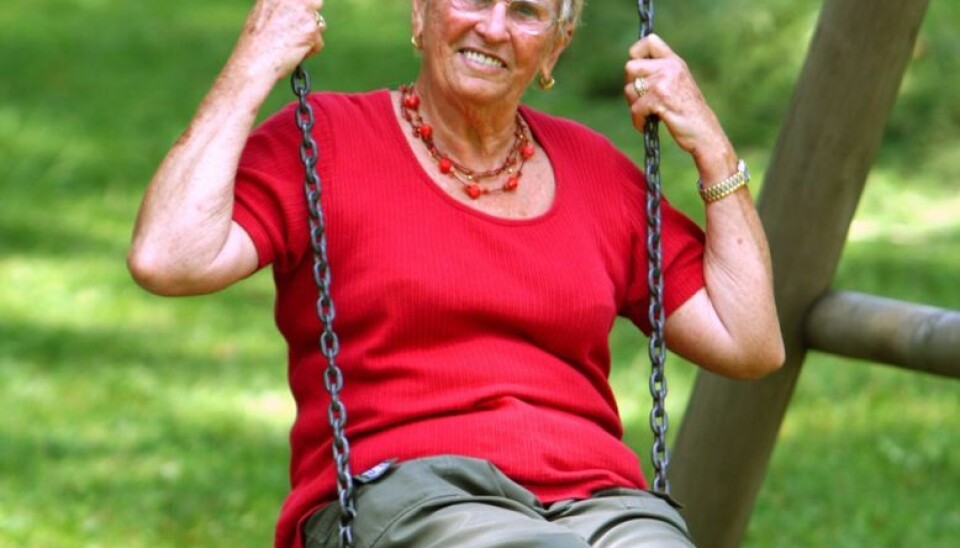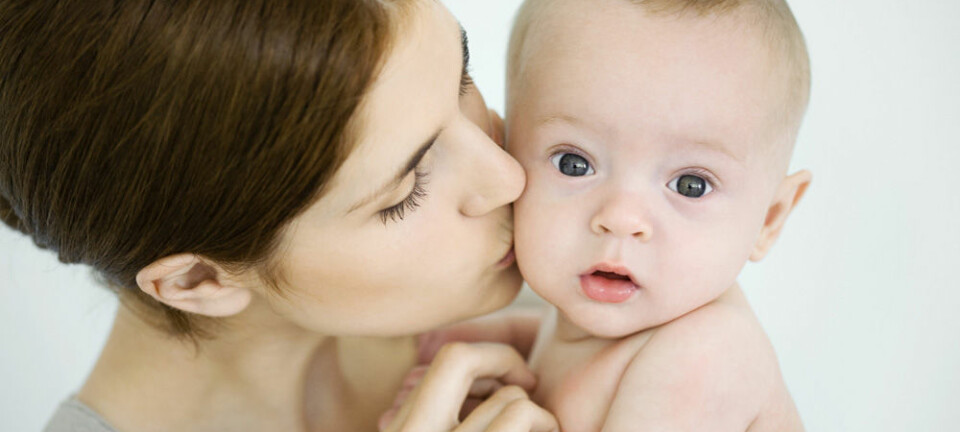
Older people just as happy without children
Being childless doesn’t mean being more unhappy in old age, according to a Norwegian survey.
Denne artikkelen er over ti år gammel og kan inneholde utdatert informasjon.
Contrary to popular beliefs, having children doesn’t increase the overall quality of life – not even in old age.
A Norwegian survey of 5,500 individuals aged 40-80 shows no indication that childless adults have reduced well-being compared to adults with children. Data were taken from NorLAG, the Norwegian study on life course, ageing and generation.
No increase in loneliness or depression
Although there was a slight increase in self esteem and life satisfaction for women with children, no such effect was found amongst men. And childless older women and men reported no increased sense of loneliness or depression compared to those who had children.
“These findings are surprising, considering that we assume being childless should have a negative impact in older age, when the need for help and support increases,” says psychologist Thomas Hansen at Norwegian Social Research (NOVA), who carried out the study with colleagues Britt Slagsvold and Torbjørn Moum.

However, those older than 80, who are most likely to be frail, were not included in the survey.
15-20 per cent of women childless
Approximately one in five men and one in eight women at the age of 45 are childless, according to Norwegian figures. Elsewhere in the Western world, between 15 and 20 per cent of women born in developed countries after 1970 have no children.
“The usual assumption is that childless individuals have less satisfying and poorer lives than those who are parents – and that they become lonely and depressed, particularly when they are older,” Hansen explains.
Traditionally, there were good reasons for this way of thinking. Prior to the 1960s, many people wanted children, and being childless was often experienced as a major loss. It could represent failure and regret. It also robbed the childless of becoming grandparents, which many see as a joyful and gratifying role in life.
Happier without children
In countries where people rely less on care services and depend more on family and relatives in old age, such as southeastern Europe and China, childlessness is indeed connected to a reduced quality of life, and more loneliness and depression.
But happiness and well-being research in Western countries shows that people actually fare better without children.
In Nordic countries the picture is less clear-cut, with parents coming out slighly on top – and being just as happy or slightly happier than the childless. However, these data were only based on relatively young parents, those who were younger than 50.
Other ways of expressing themselves
Childless people are obviously all different, Hansen points out. Many go through a hard time when they first realise they will never have children, and some might suffer a sense of loss for the rest of their lives. But for others the sadness fades over time, which allows them to find other ways of expressing themselves, and finding purpose and belonging.
Overall, the research indicates that happiness is not affected by having children – and the ‘unhappy childless’ would seem to be no more than a myth.
-----------------------------
Read a version of this article in Norwegian at forskning.no

































